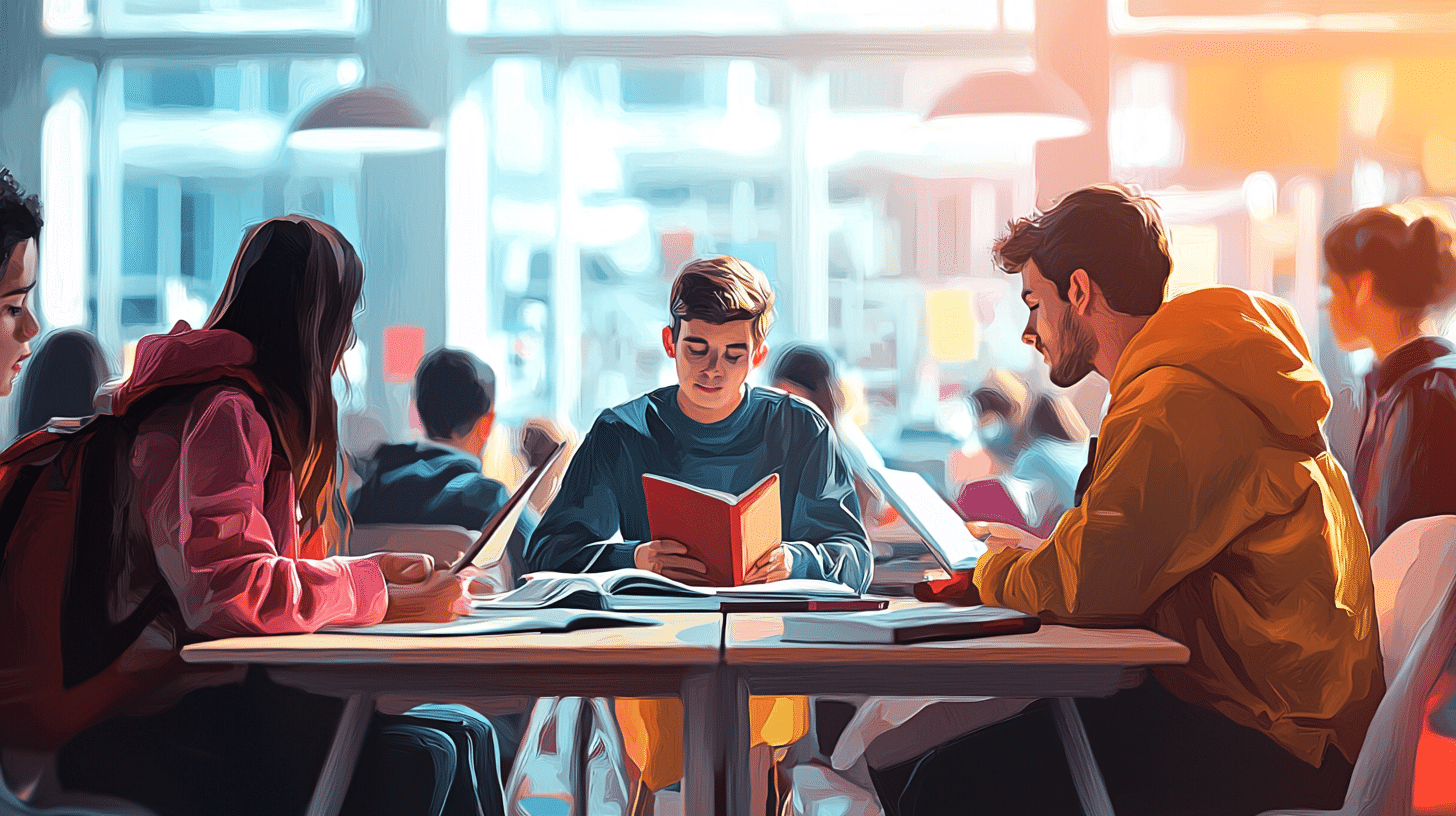
Mastering Icelandic adjective declensions can be a challenging yet rewarding aspect of learning the Icelandic language. Adjectives in Icelandic must agree in gender, number, and case with the nouns they describe, making their correct usage crucial for effective communication. Our exercises are designed to guide you through the various declension patterns, from the simple to the complex, ensuring that you gain a comprehensive understanding of how to correctly inflect adjectives in different contexts. By practicing these exercises, you'll develop the skills needed to describe people, objects, and situations accurately and fluently in Icelandic. These exercises cover a wide range of adjective declensions, including strong, weak, and comparative forms. Each exercise provides practical examples and contextual sentences to help you grasp the rules and nuances of Icelandic adjective usage. Whether you are a beginner looking to build a solid foundation or an advanced learner aiming to refine your skills, our exercises are tailored to meet your needs. By consistently practicing, you will not only improve your grammatical accuracy but also enhance your overall proficiency in the Icelandic language. Dive in and start mastering Icelandic adjective declensions today!
1. Húsið er mjög *stórt* (big, neutral, nominative).
2. Ég keypti *fallega* kjól (beautiful, masculine, accusative).
3. Við sáum *grænan* bíl (green, masculine, accusative).
4. Hún gaf mér *góða* ráð (good, neutral, accusative).
5. Þessi bók er mjög *skemmtileg* (fun, feminine, nominative).
6. Ég hef alltaf *vinalega* hunda (friendly, masculine, accusative).
7. Þeir búa í *gömlu* húsi (old, neutral, dative).
8. Við fórum í *nýja* skólann (new, masculine, accusative).
9. Hún á *fallegt* barn (beautiful, neutral, accusative).
10. Bókin hans er mjög *áhugaverð* (interesting, feminine, nominative).
1. Hún er með *stóra* hund (adjective for describing a large animal).
2. Ég keypti *fallega* kjól (adjective for describing a pretty dress).
3. Við fórum í *nýja* bíómynd (adjective for describing a new movie).
4. Þeir búa í *gömlu* húsi (adjective for describing an old house).
5. Hann drekkur *heitt* kaffi (adjective for describing hot coffee).
6. Hún á *lítinn* kött (adjective for describing a small cat).
7. Við sjáum *fallegan* fjall (adjective for describing a beautiful mountain).
8. Það er *svalur* dagur (adjective for describing a cool day).
9. Þú borðaðir *sterkan* mat (adjective for describing spicy food).
10. Bókin er *þunn* (adjective for describing a thin book).
1. Ég keypti *fallegan* bíl (adjective for 'beautiful' in accusative singular masculine).
2. Húsið er *stórt* (adjective for 'large' in nominative singular neuter).
3. Við hittum *góðan* vin (adjective for 'good' in accusative singular masculine).
4. Hún á *litla* hunda (adjective for 'small' in accusative plural masculine).
5. Bókin er *skemmtileg* (adjective for 'entertaining' in nominative singular feminine).
6. Þeir keyptu *nýjar* tölvur (adjective for 'new' in accusative plural feminine).
7. Þetta er *gamal* tré (adjective for 'old' in nominative singular neuter).
8. Við sáum *fallega* fjöll (adjective for 'beautiful' in accusative plural neuter).
9. Hún er með *stórum* köttum (adjective for 'large' in dative plural masculine).
10. Ég hitti *gömlu* konuna (adjective for 'old' in accusative singular feminine).